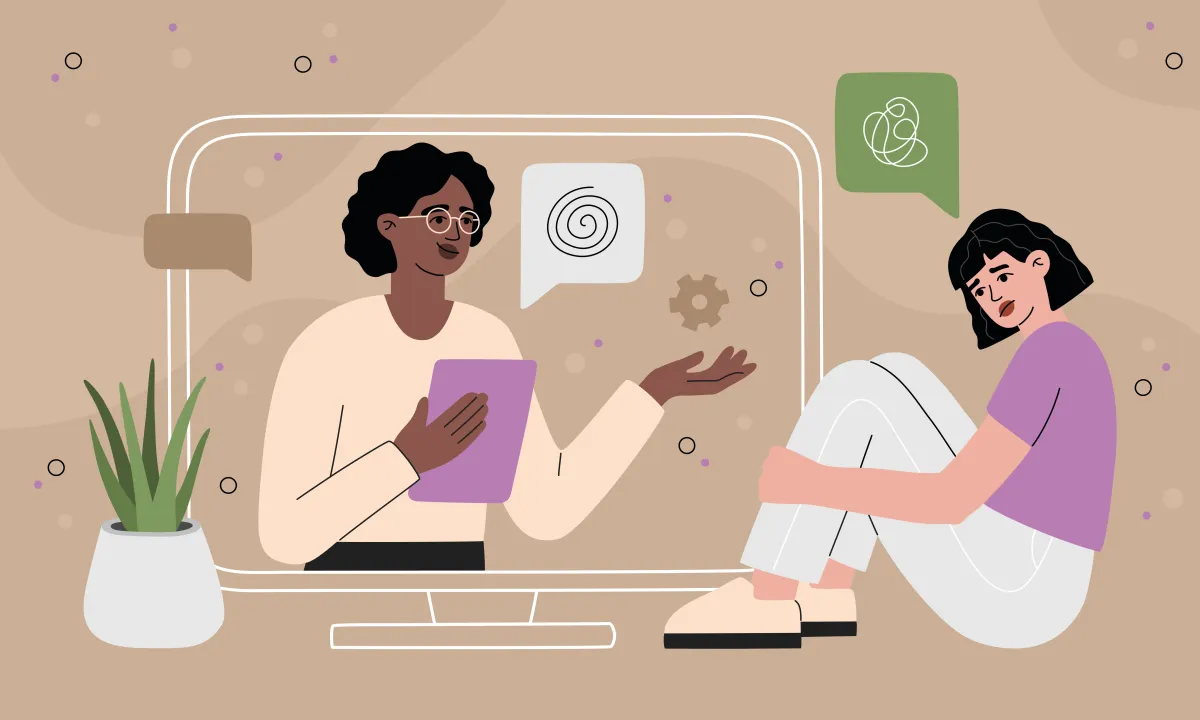Chatbots as potential replacements for human therapists is a topic of ongoing debate, with startups and some patients claiming their efficacy, while others highlight the irreplaceable human connection in therapy.
A study indicates that 80% of people who have used OpenAI’s ChatGPT for mental health advice view it as a good alternative to traditional therapy. Additionally, another report suggests chatbots can effectively reduce certain symptoms of depression and anxiety. Despite these findings, the well-established therapeutic relationship between therapist and client remains a critical factor in successful mental health treatment.
Entrepreneurs Dustin Klebe, Lukas Wolf, and Chris Aeberli are proponents of chatbot therapy. Their startup, Sonia, offers an “AI therapist” accessible through an iOS app, allowing users to talk or text about various topics.

“To some extent, building an AI therapist is like developing a drug, in the sense that we are building a new technology as opposed to repackaging an existing one,” said Klebe, Sonia’s CEO, in an interview.
The three founders met in 2018 while studying computer science at ETH Zürich and later pursued graduate studies at MIT. Post-graduation, they launched Sonia, driven by their shared passion for scalable tech.
Sonia uses several generative AI models to analyze user inputs during “therapy sessions” and respond accordingly. Incorporating cognitive behavioral therapy techniques, the app provides users with “homework” to reinforce insights from conversations and visualizations to help identify major stressors. The service is priced at $20 per month or $200 per year.










